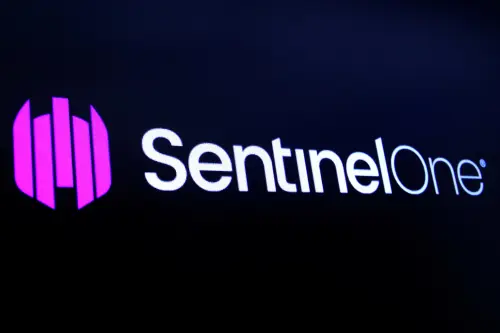On March 12, SentinelOne projected its first-quarter and annual revenue below Wall Street expectations, attributing the decline to tough competition and reduced enterprise spending amidst economic uncertainty. As a result, its shares dropped by 16% after the market closed.
The emergence of generative artificial intelligence has made it an appealing tool for malicious actors, as its low entry barrier has facilitated widespread access, contributing to a surge in global cyberattacks.
Social media platform X faced intermittent outages on Monday, with owner Elon Musk attributing the issue to an unspecified cause.
A cyberattack on UnitedHealth Group's technology unit last year compromised the personal information of 190 million individuals, marking the largest healthcare data breach in the United States.
Despite its strong competitive stance, SentinelOne is anticipated to face pricing pressure in the endpoint security market this year due to heightened discounts from major players like Palo Alto and CrowdStrike.
Amid economic uncertainty, enterprise investment in cybersecurity solutions has been subdued as clients prioritize cost-saving measures.
The company anticipates its annual revenue to fall within the range of $1.01 billion to $1.012 billion, lower than analysts' average projection of $1.03 billion according to data from LSEG.
For the first quarter, SentinelOne predicts revenue of $228 million, slightly below the estimated $235.1 million.
In the fourth quarter ending January 31, the company reported revenue of $225.5 million, surpassing the expected $222.3 million.
Adjusted profit per share for the fourth quarter reached 4 cents, exceeding the estimated 1 cent per share.
